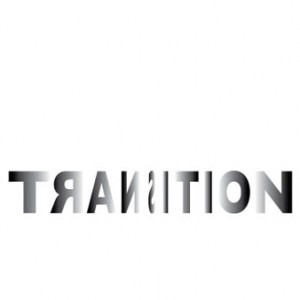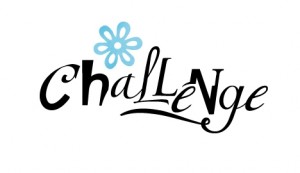I have been receiving clinical supervision for one year now. Around this time last year, I was beginning this slow transition into working a process-oriented approach. My supervisor has let me repeat myself while I struggle through the same issues over and over again with different clients. What do I do with this person? Am I using the right language? Am I using too much language and not enough music? Am I using the right music? What am I doing? Am I doing what I’m doing the right way? and so forth.
I’ve learned I don’t have to do things. I have to observe, listen, and support. I don’t have to be right in terms of correctness, but I have to be genuine. I have to uphold my role in the therapeutic relationship.
My role is to practice being consistent. I need to be the most genuine version of myself every time I show up to see a client. This means, to me, that I acknowledge where I am in my emotional spectrum and use it to best observe, listen, and support my client where he or she is. To be consistent also means to enforce the same boundaries that I always have, especially when I’m working with my younger clients.
Recently I saw a client with whom I work very hard not to direct. This client uses minimal language, and I believe the client, as an adult, has lived her whole life in an environment that decides her behavior. I think she expects to be told. I try very hard not to tell. Slowly, each week in therapy, we’re getting to the point where I hope she expects to have autonomy with me, where she can guide the session. I usually have a sense of unease about these sessions, but I continue to show up and to try to be consistent. I imagine I’m getting the unease from her as much as I’m feeling it myself, but the hope and the goal here are to find a way to consistently let her lead.




